More to explore
-
 Local News 4/30/24Cape Girardeau County coroner’s attorney asks that cameras be barred from criminal hearingsAttorney Lynne M. Chambers filed a motion last week to bar the media from recording video and audio in the felony case against Cape Girardeau County Coroner Wavis Jordan. Chambers’ filing was in response to a request made to the court by KFVS12...
Local News 4/30/24Cape Girardeau County coroner’s attorney asks that cameras be barred from criminal hearingsAttorney Lynne M. Chambers filed a motion last week to bar the media from recording video and audio in the felony case against Cape Girardeau County Coroner Wavis Jordan. Chambers’ filing was in response to a request made to the court by KFVS12... -
 Local News 4/30/24Cape Girardeau County Commission selects from eight bids for road projectCape Girardeau County commissioners received eight bids for a County Road 516 grading improvement project. They accepted the lowest bid during their meeting Monday, April 29. Bids came from Murphy Excavating, Jokerst Inc., Roper Excavating, Elmer...
Local News 4/30/24Cape Girardeau County Commission selects from eight bids for road projectCape Girardeau County commissioners received eight bids for a County Road 516 grading improvement project. They accepted the lowest bid during their meeting Monday, April 29. Bids came from Murphy Excavating, Jokerst Inc., Roper Excavating, Elmer... -
 Local News 4/30/24SEMO’s hospitality management program receives accreditationSoutheast Missouri State University’s hospitality management program received accreditation from the Accreditation Commission for Programs in Hospitality Administration (ACPHA), the university announced Monday, April 29. ...
Local News 4/30/24SEMO’s hospitality management program receives accreditationSoutheast Missouri State University’s hospitality management program received accreditation from the Accreditation Commission for Programs in Hospitality Administration (ACPHA), the university announced Monday, April 29. ... -
 Local News 4/30/24Cracked windshield leads to Sunday shooting incident on I-55 that injured three; Sikeston man faces multiple felony chargesBENTON — A Sikeston man faces multiple felony charges following a traffic incident that resulted in him allegedly shooting at another vehicle and injuring three of its occupants while driving on Interstate 55 on Sunday, April 28, in Scott County. ...
Local News 4/30/24Cracked windshield leads to Sunday shooting incident on I-55 that injured three; Sikeston man faces multiple felony chargesBENTON — A Sikeston man faces multiple felony charges following a traffic incident that resulted in him allegedly shooting at another vehicle and injuring three of its occupants while driving on Interstate 55 on Sunday, April 28, in Scott County. ... -
 Local News 4/30/24Sikeston man arrested for child endangerment, aggravated DWIA Sikeston man was arrested Saturday, April 27, on charges of driving while his license was revoked, second-degree endangerment of a child and aggravated DWI. Marcus Williams, 47, has six prior charges and four convictions of DWI and also was...
Local News 4/30/24Sikeston man arrested for child endangerment, aggravated DWIA Sikeston man was arrested Saturday, April 27, on charges of driving while his license was revoked, second-degree endangerment of a child and aggravated DWI. Marcus Williams, 47, has six prior charges and four convictions of DWI and also was... -
 Local News 4/30/24Cape Girardeau man arrested for fourth-degree assault, resisting arrestA Cape Girardeau man was arrested on two charges, one of fourth- degree assault and the other of resisting arrest Sunday, April 28. Jhaiden Blue-Umfleet, 22, was in an altercation with another man outside a bar when a Cape Girardeau police officer...
Local News 4/30/24Cape Girardeau man arrested for fourth-degree assault, resisting arrestA Cape Girardeau man was arrested on two charges, one of fourth- degree assault and the other of resisting arrest Sunday, April 28. Jhaiden Blue-Umfleet, 22, was in an altercation with another man outside a bar when a Cape Girardeau police officer... -
 Photo Gallery 4/30/24Sgt. John Hayden: Writing tickets with a friendly smileA few months before he retired, Cape Girardeau police Sgt. John Hayden was featured in a picture page in the Sunday, May 19, 1974, edition of the Southeast Missourian. Four photographs were published with the article, but photographer Gordon L....
Photo Gallery 4/30/24Sgt. John Hayden: Writing tickets with a friendly smileA few months before he retired, Cape Girardeau police Sgt. John Hayden was featured in a picture page in the Sunday, May 19, 1974, edition of the Southeast Missourian. Four photographs were published with the article, but photographer Gordon L.... -

-

-
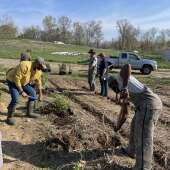
-
 Local News 4/29/24Cape Girardeau junior high sees improvements since implementing ‘Power of ICU’ program9A program recently implemented at Terry W. Kitchen Central Junior High School in Cape Girardeau has quickly led to improved grades, fewer missing assignments and decreased disciplinary referrals, according to district officials. The program, called...
Local News 4/29/24Cape Girardeau junior high sees improvements since implementing ‘Power of ICU’ program9A program recently implemented at Terry W. Kitchen Central Junior High School in Cape Girardeau has quickly led to improved grades, fewer missing assignments and decreased disciplinary referrals, according to district officials. The program, called... -

-

-
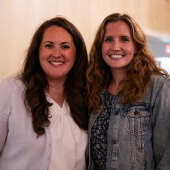
-

-

-

-

-

-

-
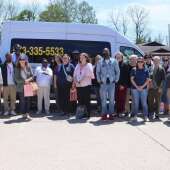
-
 Local News 4/26/24Scott City School District explains weapon situation involving middle school student1A Scott City Middle School student was taken into custody on Thursday morning, April 25, after he brought a gun, later determined to be a BB gun, to the school, according to a message sent from the district to parents...
Local News 4/26/24Scott City School District explains weapon situation involving middle school student1A Scott City Middle School student was taken into custody on Thursday morning, April 25, after he brought a gun, later determined to be a BB gun, to the school, according to a message sent from the district to parents... -
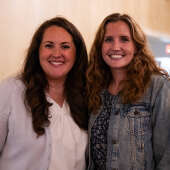
-

-
 Local News 4/25/24Local public school admins urge Gov. Parson to veto omnibus education bill due to funding concerns16A 150-plus page education bill that has passed through the state House of Representatives and Senate has local public school administrators urging Gov. Mike Parson to veto it. Concerns surrounding Senate Bill 727 — which evolved from a 12-page bill...
Local News 4/25/24Local public school admins urge Gov. Parson to veto omnibus education bill due to funding concerns16A 150-plus page education bill that has passed through the state House of Representatives and Senate has local public school administrators urging Gov. Mike Parson to veto it. Concerns surrounding Senate Bill 727 — which evolved from a 12-page bill... -
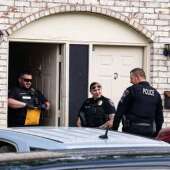 Local News 4/25/24Man charged in Tuesday apartment shooting in Cape Girardeau1A man is facing three felony charges in connection with a Tuesday, April 23, shooting that left one person wounded. Cape Girardeau County Circuit Court documents indicate Prosecuting Attorney Mark Welker has charged Michael Dewayne Thompkins with...
Local News 4/25/24Man charged in Tuesday apartment shooting in Cape Girardeau1A man is facing three felony charges in connection with a Tuesday, April 23, shooting that left one person wounded. Cape Girardeau County Circuit Court documents indicate Prosecuting Attorney Mark Welker has charged Michael Dewayne Thompkins with... -

-
 Local News 4/25/243 arrested in Bollinger County after drug investigation3An ongoing and multijurisdictional investigation into a probation violation and drug distribution yielded the arrests of three men April 17, in Bollinger County. The men taken into custody face charges relating to drug and weapons charges. ...
Local News 4/25/243 arrested in Bollinger County after drug investigation3An ongoing and multijurisdictional investigation into a probation violation and drug distribution yielded the arrests of three men April 17, in Bollinger County. The men taken into custody face charges relating to drug and weapons charges. ... -
 Local News 4/25/24Route CC in Scott County closed for pavement repairs; Route C in Perry County reduced for pavement workRoute CC in Scott County, between Highway 91 and Route W near Oran, will be closed as Missouri Department of Transportation crews perform pavement repairs. A MoDOT news release indicated the work will take place daily from 8 a.m. to 3 p.m. Monday,...
Local News 4/25/24Route CC in Scott County closed for pavement repairs; Route C in Perry County reduced for pavement workRoute CC in Scott County, between Highway 91 and Route W near Oran, will be closed as Missouri Department of Transportation crews perform pavement repairs. A MoDOT news release indicated the work will take place daily from 8 a.m. to 3 p.m. Monday,... -
 Most read 4/24/24Cape Girardeau school board to implement cellphone pouches at junior high, buy out leased pouches at high school9The Cape Girardeau School District Board of Education voted unanimously Monday night to implement the YONDR cellphone pouches at Terry W. Kitchen Central Junior High School for the 2024-25 school year, in addition to buying out the current stock of...
Most read 4/24/24Cape Girardeau school board to implement cellphone pouches at junior high, buy out leased pouches at high school9The Cape Girardeau School District Board of Education voted unanimously Monday night to implement the YONDR cellphone pouches at Terry W. Kitchen Central Junior High School for the 2024-25 school year, in addition to buying out the current stock of... -

-

-
 Most read 4/23/24Cape man pleads guilty to 15-year-old's 2019 murder3A Cape Girardeau man pleaded guilty Monday, April 22, to the 2019 killing of a 15-year-old girl. A release from Cape Girardeau County Prosecuting Attorney Mark Welker says Isaiah Lane, 33, pleaded guilty in circuit court to second-degree murder and...
Most read 4/23/24Cape man pleads guilty to 15-year-old's 2019 murder3A Cape Girardeau man pleaded guilty Monday, April 22, to the 2019 killing of a 15-year-old girl. A release from Cape Girardeau County Prosecuting Attorney Mark Welker says Isaiah Lane, 33, pleaded guilty in circuit court to second-degree murder and... -
 Most read 4/22/24Death investigation underway in Scott CountyBENTON — A death investigation is underway in Scott County. Scott County Sheriff Wes Drury confirmed one person is custody following an incident early Monday, April 22 in rural Scott County. Further information will be available later Monday, the...
Most read 4/22/24Death investigation underway in Scott CountyBENTON — A death investigation is underway in Scott County. Scott County Sheriff Wes Drury confirmed one person is custody following an incident early Monday, April 22 in rural Scott County. Further information will be available later Monday, the... -


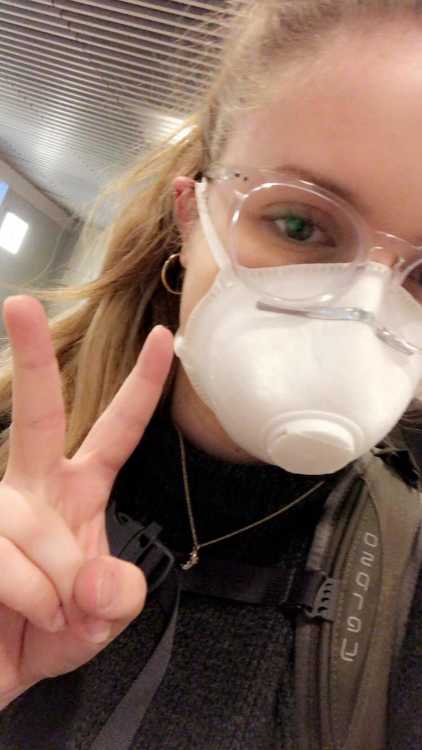
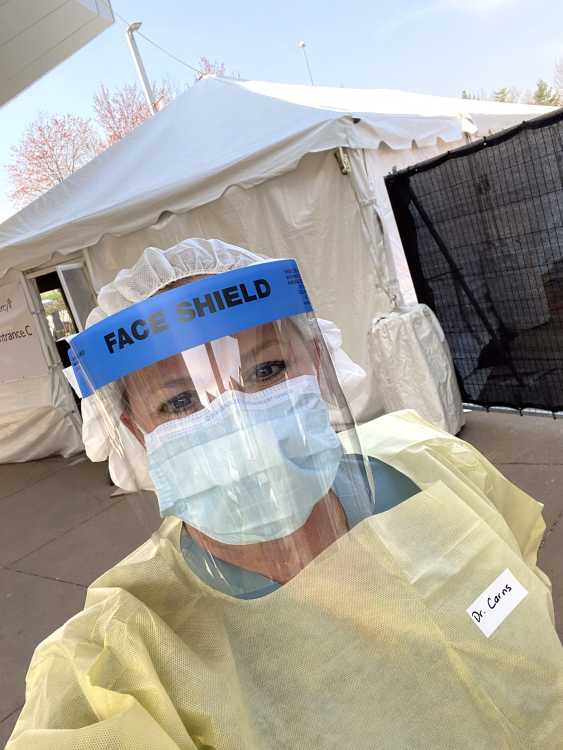
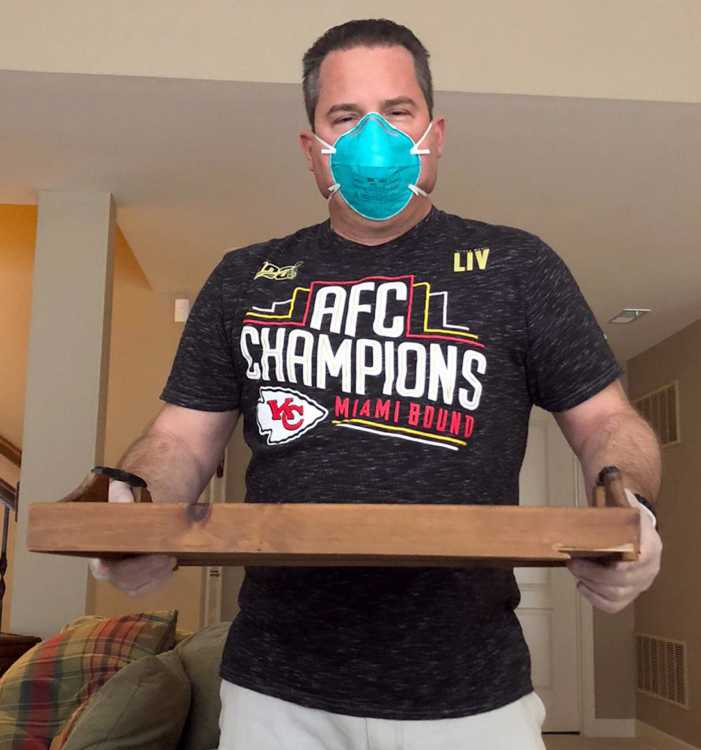
Respond to this story
Posting a comment requires a subscription.